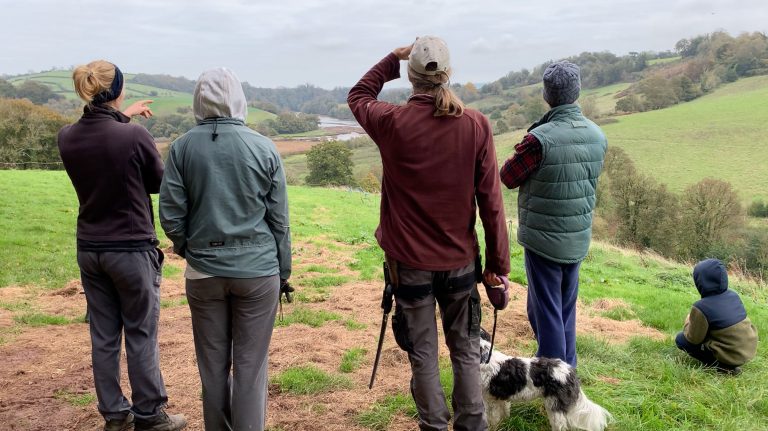Bioregioning As The Response To ‘Gaia On The Move’
Isabel Carlisle is a leading figure in bioregional education and action who has a great term for describing the planetary eco- mayhem now underway -- “Gaia on the move.” As climate change intensifies and humankind disrupts ecosystems, Gaia is causing ice caps and glaciers to melt and the atmospheric jet stream to skitter and shift course. The Amazonian forest becoming a net emitter rather than absorber of atmospheric carbon
As these system-changes disrupt local ecosystems, through coastal flooding for example, Carlisle sees cues for how to move forward. The disruptions “reveal where the fragility is,” said Carlisle, and that’s where to focus attention.








